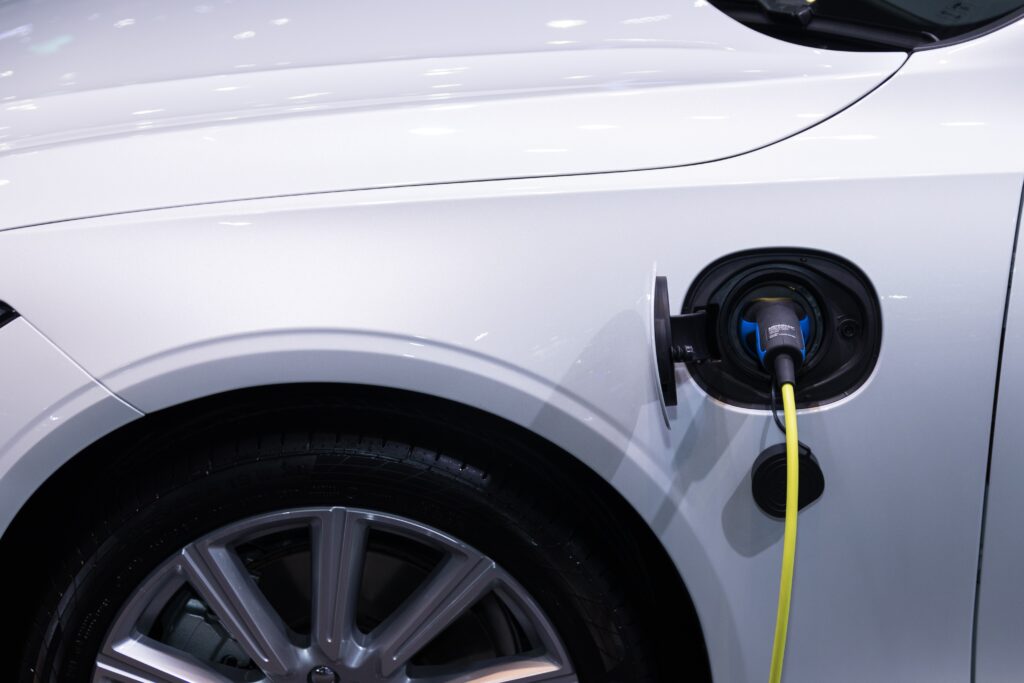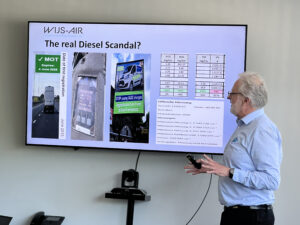The global ride-hailing service company, has pledged £5 million to install public charging points in poorer boroughs in order to help the switch to electric cars.
Uber seeks to highlight the imbalance of charge point installations across the capital. However, the firm admits its investment is only a fraction of the money needed.
According to Uber’s analysis, the number of chargers is far higher in affluent boroughs, such as Kensington and Westminster, than in areas where more drivers are likely to live, such as Newham and Tower Hamlets. Moreover, drivers in less affluent boroughs are unlikely to have driveways on which to charge electric vehicles overnight, unlike south-west London residents.
‘Drivers consistently tell us that having reliable, accessible charging near where they live is a key factor when deciding if they should switch to electric,’ James Heywood, Uber’s regional general manager for northern and eastern Europe commented.
Heywood established that the £5 million funding would be invested by 2023 in areas that simply do not have the charging infrastructure needed to support electric vehicles. The firm is looking to work particularly with borough councils in Newham, Brent, and Tower Hamlets to decide how it would be best spent.
‘If we address this challenge for professional drivers now, it will help create a mass market for electric vehicles in the years to come. As we all know, this is critical if the UK is to achieve our goal to be net zero,’ Heywood established.
Uber itself has a long way to go to achieve its target that all 45,000 cars registered on its app in London will be electric by 2025. Currently, only approximately 1,000 Uber vehicles in London are fully electric.
However, the firm has big ambitions for zero-emission fleets worldwide by 2040. Earlier this year, it even struck a deal with Nissan to supply 2,000 discounted Leafs for London drivers.
Moreover, Uber has raised £100 million through a self-imposed clean air fee in London, intended to help drivers transition to electric.




